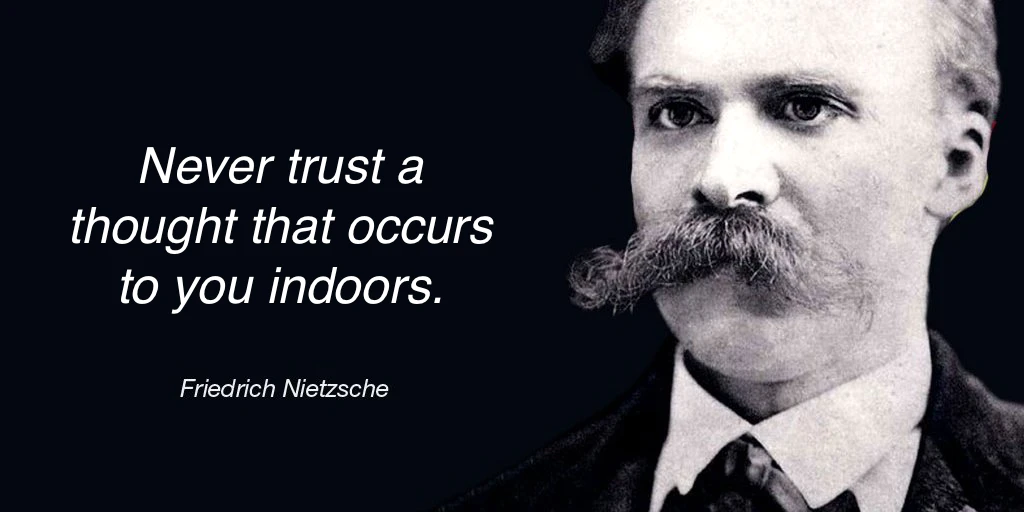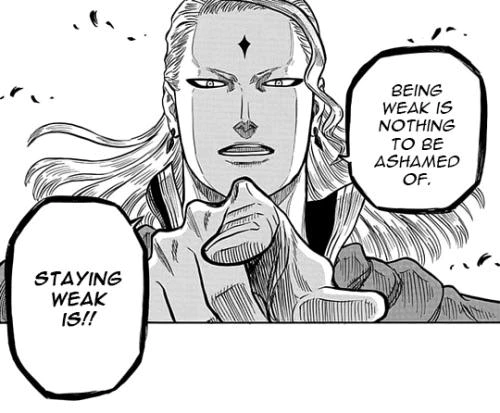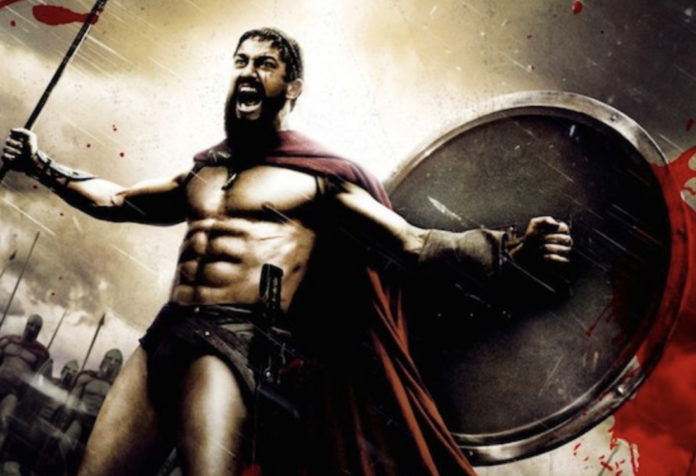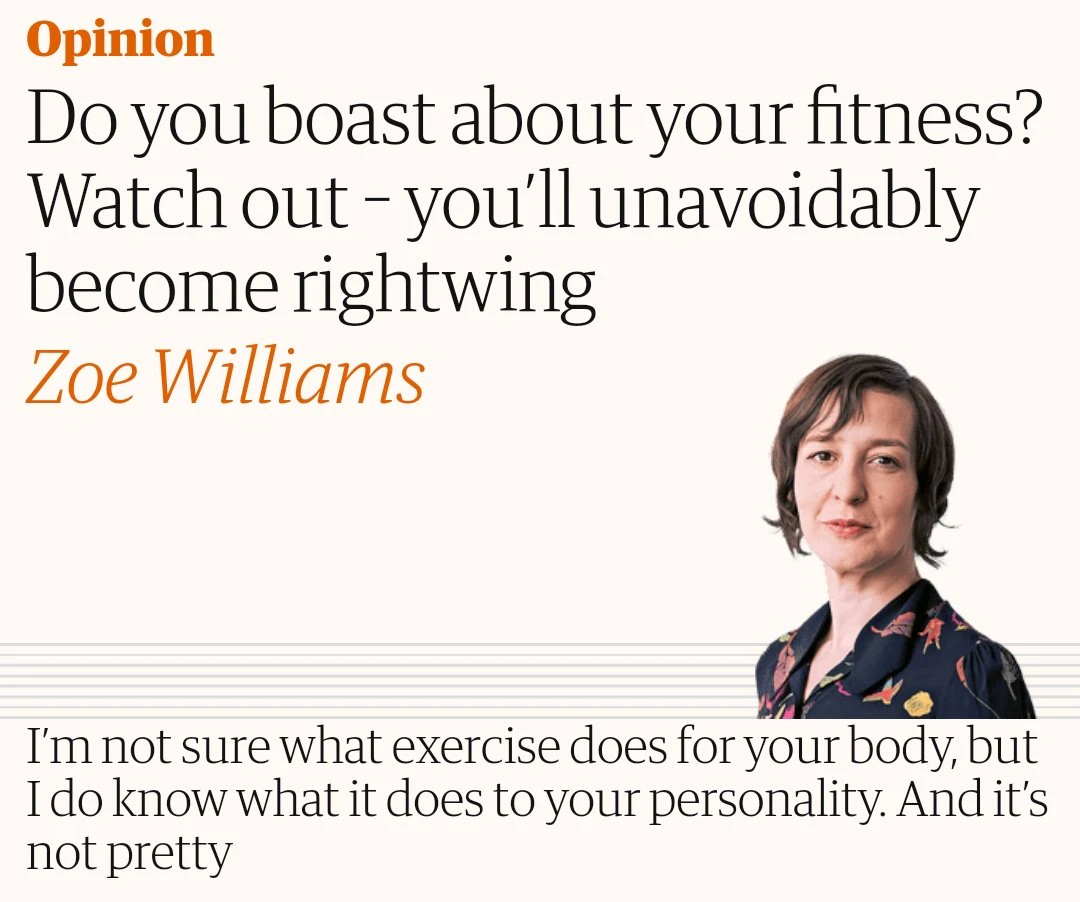Post physique. Meditate on the bicep peaks. Lift heavy stone make sad voice go away.
There is more to working out and getting fit than just the physical result of looking muscular. I wish I had known this sooner. What kept me away from seriously weightlifting for close to a decade was the fear of being vain – to be really specific it was not the fear of being seen as vain, but the fear of allowing myself to be vain when I was at a nexus of two immature beliefs: modern Christianity effectively denouncing the desire to look good, and also youthful hubris that said smart people don’t need muscles. Nobody ever told me – or perhaps I didn’t have the necessary life experience to realise – it isn’t all about looks.
To start with, let’s look at the many new phrases and memes that follow the realisations that come with physical fitness. First of all is “poast fizeek” which discourages excessive bookishness. Since 2015 too many dissident movements have been absorbed by a theorycel and bookcel mentality, one which says that there is some acute degree of thinking whereby we can lift Western people out of the mire we are in. This mindset suggests that there is something like a spiritual dam blocking a great positive revolution in our countries, and that the right way of thinking would allow everyone to collectively break down the evil system with utmost confidence. It is very easy in an information-heavy world to pour energy into developing these theoretical systems. Having a good physical appearance is only achieved by hard work and dedication, and by pushing through even on the days you don’t want to. Therefore, by telling someone with a philosophical disagreement that they should “post body” or “post physique” you are essentially challenging their capability to follow up with the kind of commitment that would be required to follow their ideas and actualise them in the real world. All the ideas in the world mean nothing if they can’t be directly and effectively applied. Having a good physique proves that you can at least change yourself for the better, even when it’s hard.
 The next is “sun and steel” which comes from the same book by Yukio Mishima and is related to posting physique. Drawing from the Nietzschean idea that you should never trust a thought had while indoors, the philosophy of sun and steel is one of driving first with the body and forcing the mind to follow. In our world of data and innovation, we are encouraged to be brain-dominant, which ends with all sorts of neuroses and overthinking clouding our innermost assessments. By ignoring the wiles of the mind and going through intense physical movement, we can put away those thoughts and gradually reawaken the inner sense of action and presence in our world. Many of us work behind desks, and although work-from-home has made this arrangement far more cozy, it still isn’t great for our mental health. Humans spent many thousands of years being mostly outdoors, and yet many of us have days where we rarely leave the house. Although we can be aware of this and try to keep a sane perspective on things, the experience of being chained to a jobsite or stuck inside all day inevitably reduces your capacity for action, and your sense of ownership of the world around you diminishes. For many, the idea that you can change the things around you is unthinkable. This is partly a result of post-medieval Western history, where everything seems like someone else’s problem. Almost every problem you see around you is a tragedy of the commons – something you could actually change for the better if you only realised you don’t need anyone’s permission to do so.
The next is “sun and steel” which comes from the same book by Yukio Mishima and is related to posting physique. Drawing from the Nietzschean idea that you should never trust a thought had while indoors, the philosophy of sun and steel is one of driving first with the body and forcing the mind to follow. In our world of data and innovation, we are encouraged to be brain-dominant, which ends with all sorts of neuroses and overthinking clouding our innermost assessments. By ignoring the wiles of the mind and going through intense physical movement, we can put away those thoughts and gradually reawaken the inner sense of action and presence in our world. Many of us work behind desks, and although work-from-home has made this arrangement far more cozy, it still isn’t great for our mental health. Humans spent many thousands of years being mostly outdoors, and yet many of us have days where we rarely leave the house. Although we can be aware of this and try to keep a sane perspective on things, the experience of being chained to a jobsite or stuck inside all day inevitably reduces your capacity for action, and your sense of ownership of the world around you diminishes. For many, the idea that you can change the things around you is unthinkable. This is partly a result of post-medieval Western history, where everything seems like someone else’s problem. Almost every problem you see around you is a tragedy of the commons – something you could actually change for the better if you only realised you don’t need anyone’s permission to do so.
The other part of this is that strength training does things to your mind without you noticing. Even They have noticed this. There is no getting around the fact that the big guy at the gym can do stuff with his body that you can’t, and the only way to get anywhere near equal with him is by putting in the work. You might say you don’t believe in equality, but have you experienced it?
The ultimate conclusion I hope to impart is that if you take umbrage with the direction of society, you need to be set apart from it. Many people are badly out of shape today. If you are as well, don’t be ashamed to start changing that. Even a 15 minute run at a moderate pace, once a week, is enough to start improving. Going to the gym or doing some bodyweight exercises at home can take anything from 15 minutes to an hour. Forcing yourself to do this is beneficial in ways you will implicitly understand far better than I can describe.
 If this is all sounding familiar, it might be reminding you of Jordan Peterson’s famous line “clean your room” which has pretty much the same ethos. If you want to fix the world around you, start by proving you can fix yourself. However, the actual physical task of cleaning your room is just a starting point. At worst it will take you a day. What comes after that? You’ve cleaned your immediate surroundings, so now you can clean yourself. Eat well, train hard, dress well. Not for the vanity of it, but simply to prove to yourself that you have the discipline to do something worthwhile. You will also learn through this process that you are yourself worthwhile. You are part of an unbroken chain of strong, hardy people who achieved some of the greatest things in history. If you think the Western world is worth saving, then start by saving the part of it which you indisputably own – yourself.
If this is all sounding familiar, it might be reminding you of Jordan Peterson’s famous line “clean your room” which has pretty much the same ethos. If you want to fix the world around you, start by proving you can fix yourself. However, the actual physical task of cleaning your room is just a starting point. At worst it will take you a day. What comes after that? You’ve cleaned your immediate surroundings, so now you can clean yourself. Eat well, train hard, dress well. Not for the vanity of it, but simply to prove to yourself that you have the discipline to do something worthwhile. You will also learn through this process that you are yourself worthwhile. You are part of an unbroken chain of strong, hardy people who achieved some of the greatest things in history. If you think the Western world is worth saving, then start by saving the part of it which you indisputably own – yourself.
The only postscript I can add to this is that we have had far too many generations of comfort. While strength training and general fitness will help adjust your mindset and prepare you for physical stress, it may also be worth thinking on whether the Western world has gone beyond saving, at least in its current dispensation. The traditions and beliefs of Western people will continue, but not under the current paradigm. Democratically taking your beliefs to the masses is not a great strategy anymore – it was tried in the 20th century with some success, then beaten down and fortified against. The range of allowable political movements is tightly controlled and is getting narrower every day – we are heading towards a monolithic, albeit sclerotic, one-party state. Leading the way with action and taking control of your immediate area is something that we can all do. The best way to start is by making yourself strong.
Originally published at Mike Rusade’s Microcrusade.











